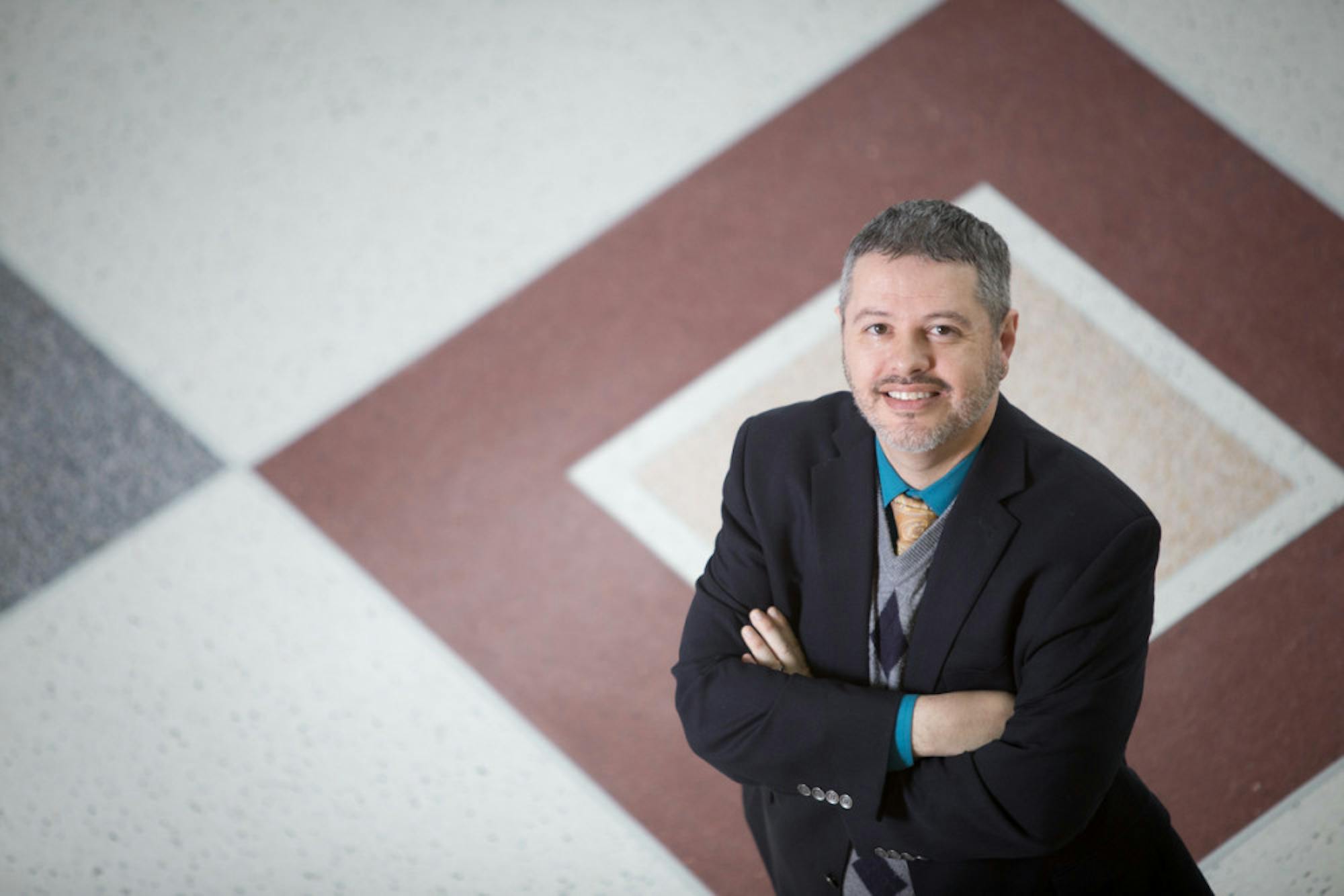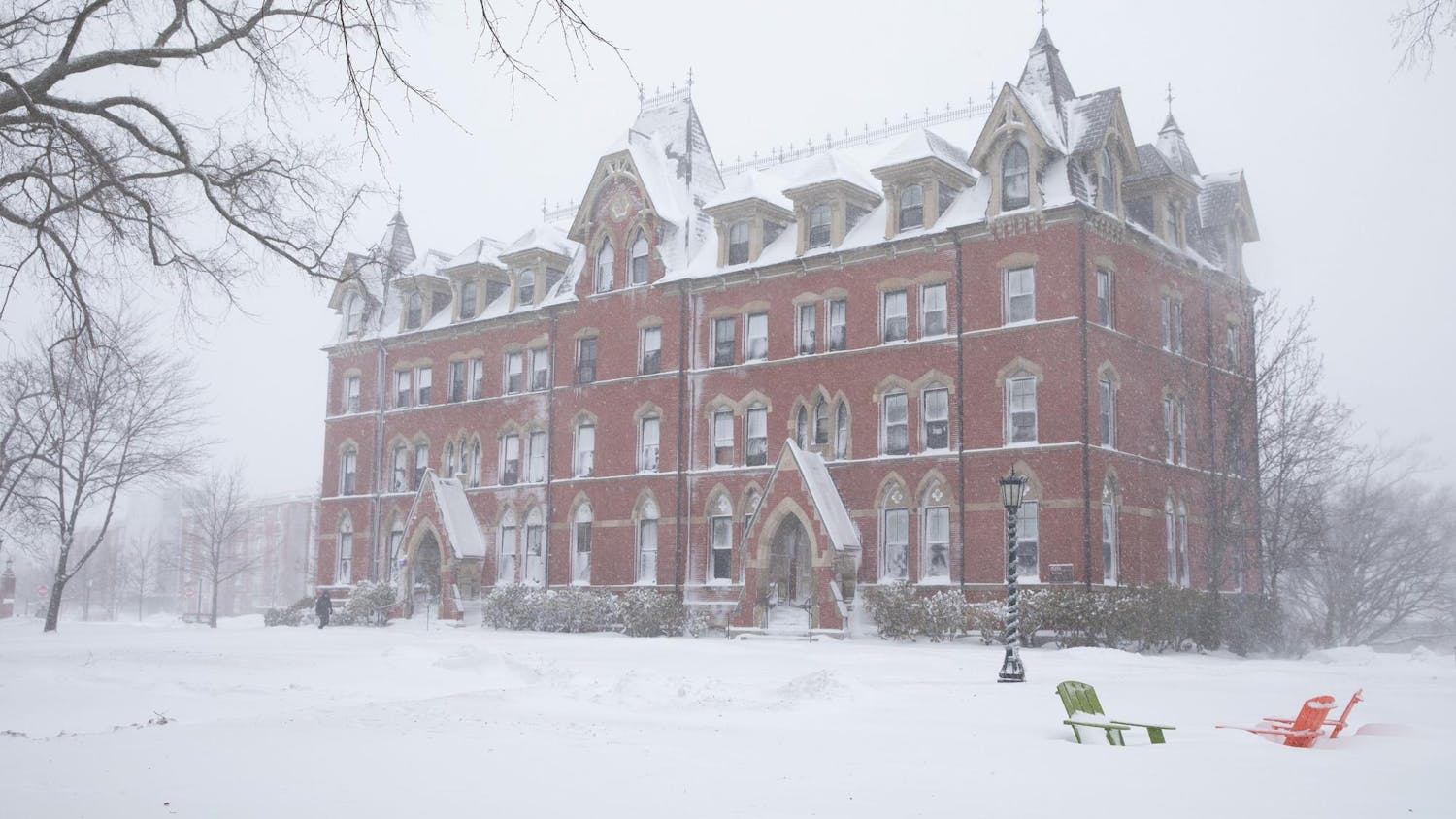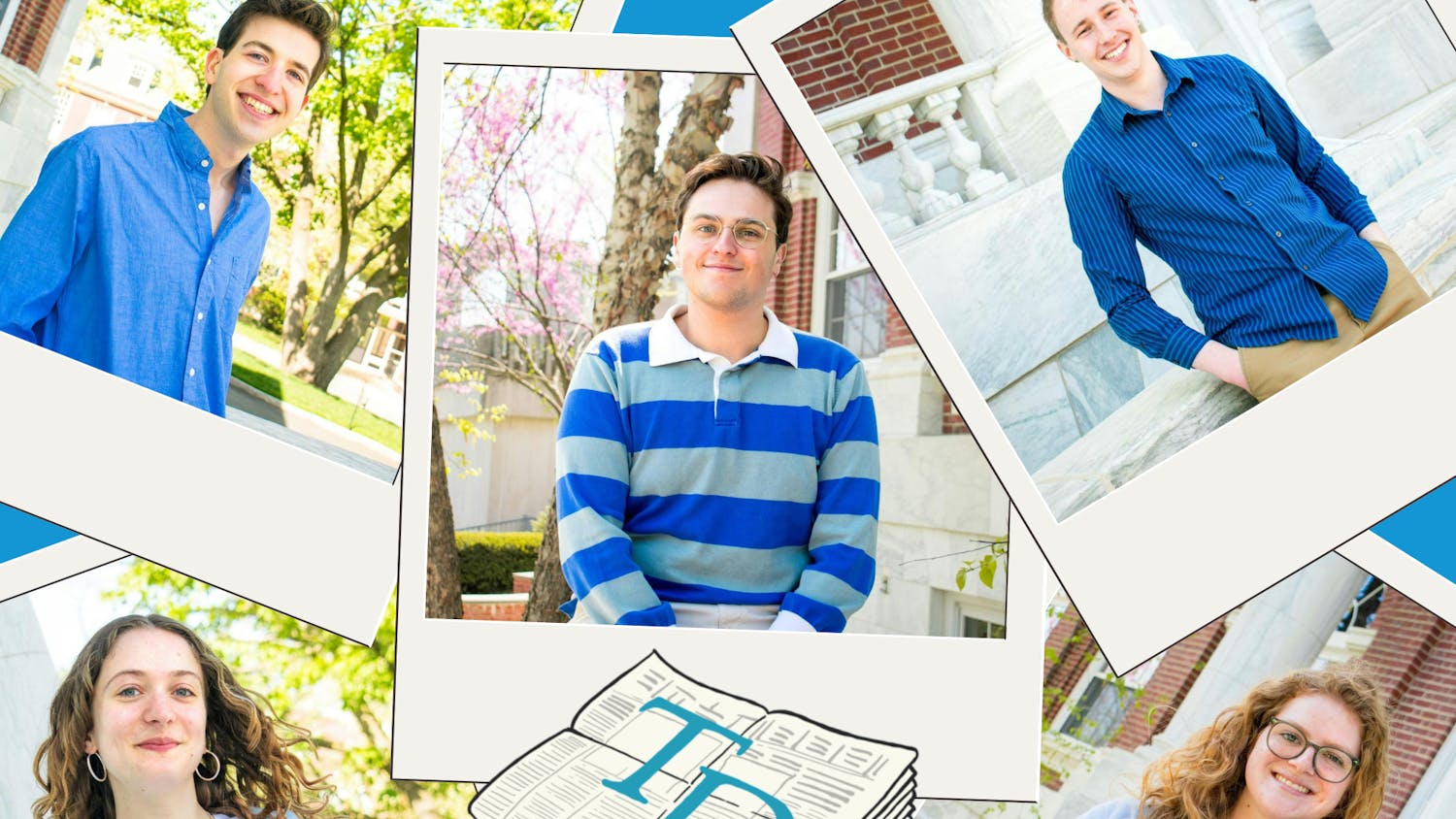Mark Brimhall-Vargas, deputy chief diversity officer at the University of Maryland at College Park, has been appointed to the position of chief diversity officer (CDO) and associate provost at Tufts.
According to University President Anthony Monaco,the position was created by the university-wide Council on Diversity, which he convened in March 2012 and whose goal was to determine how inclusion and cultural competence could best be created at Tufts.
“Among the central recommendations in the Council’s December 2013 report was the hiring of a Chief Diversity Officer who would partner with academic and administrative leadership to ensure that Tufts was implementing change initiatives and measuring progress,” Monaco told the Daily in an email. “The students, faculty and staff who served on the Council were instrumental in shaping the structure of the CDO position.”
Renee’ Vallejo, LGBTQ representative to Tufts Community Union (TCU) Senate, reported having mixed feelings on the creation of the position.
“To be a chief of something means that one already has a body that someone is stepping into of leading, which is not true of Tufts," Vallejo told the Daily in an email. "We do not need one more person, we need an entity of people. It is like first we need a field, a team [and then] a coach. You don't go and hire a coach if there is not a team.”
The role of Chief Diversity Officer will have many components, including coordinator, advisor and expert, Provost David Harris said.
“Perhaps most importantly, this is a person who has the flexibility to focus on diversity and inclusion,” Harris told the Daily in an email. “Many of us who care deeply about these issues have responsibilities that require we focus on a much broader range of issues.”
Brimhall-Vargas echoed this by citing the decentralization of universities as one of the main reasons why there was a need for the position.
“The advantages of that [decentralization] are that it makes for a very robust academic life,” he said. “The difficulty is that when it comes to meeting large institutional goals that sort of reach across those various units, that’s harder to do. It’s harder to bring people into alignment unless someone is sort of keeping their eye on that larger institutional goal.”
Brimhall-Vargas is very optimistic about the goals and progress that can be accomplished by institutions when they take these kinds of steps.
“I’ve been doing this kind of work in higher education for 18 years and I’ve got to see the progress that institutions can make when there are diversity professionals who keep moving forward and secure gains and make sure that the institution is bettering itself and that it actually has an impact -- that we do in fact make progress,” he said.
Brimhall-Vargas’ first goal at Tufts is to better acquaint himself with the school.
“I really see my initial phase of being there is getting to meet people, having a sense of what their experience is and really listening with an ear to understanding what their concerns are, what their aspirations are and how diversity can enhance that,” he said.
Brimhall-Vargas named recruiting and retaining a diverse faculty and student body as a concern expressed by several Tufts students he had met, adding that he is eager to engage with those issues.
“Students have a very sophisticated understanding of diversity because they know how difficult and complicated it is ... Students were also very aware that there’s a lot of room to grow,” he said.
He added that while diversity is a moral goal one should have, it also prepares students for a diverse workforce both in the U.S. and abroad.
“We are becoming a society that needs to be able to interact across differences and it has a very material impact once people are employed,” Brimhall-Vargas said.
According to Brimhall-Vargas, when he talked with students, many of them seemed surprised that 25 percent of the student body identifies as students of color, saying that “it didn’t feel like that.”
“There’s an awareness that there has been a significant amount of progress in terms of making sure that Tufts can be a supportive and inclusive place, but that students are still trying to figure out what that looks like and how they can navigate that so I’m hoping to bring some wisdom and experience to that process,” he said.
He added that he has heard a lot about an emerging consciousness around what it means to be a first generation student in higher education and was pleased that students were making administrators aware of that issue.
“Even if you’re not a student of color, you might come from a particular experience or background where you know you’re the first person to go to university and that presents different challenges that frankly even the fields of higher education and student affairs [are] still learning about and that students are in fact letting us know that that’s something that’s important,” he said.
According to Vallejo, it will be very important for Brimhall-Vargas to keep in mind that diversity goes beyond racial and ethnic diversity, extending to gender, sexual orientation, socioeconomic status and abilities.
“President Monaco stated that he is confident that Mr. Brimhall-Vargas will advance Tufts in the goal of diversity by building bridges so I hope he starts with the communities often left in the corner,” they said. “I look forward to seeing and hearing his work around campus.”
Brimhall-Vargas stressed his devotion to diversity and its advancement.
“I’m deeply committed to these issues; this is not something that I do just as my day job," he said. "It’s not like I show up at work, do diversity work, and go home and it isn’t part of what happens at home. For me this is not just a career, this is my outlook on life.”






